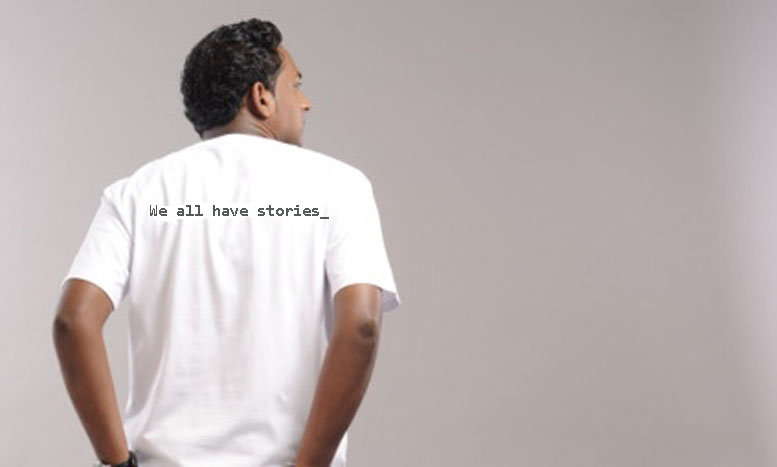Lenders check out living books at the Human Library
Reporter: Viola Yeh
In January this year, more than a hundred people gathered at West Kowloon Waterfront Promenade to meet people they had never met before and listen to first-hand stories they could never have imagined. And, while they were listening, sitting or recliningon colourful mats, they also gazed out to sea and breathed in the scent of fresh grass.
Those doing the listening were “readers” and those telling the stories were human “books” at the fourth Human Library event to be held in Hong Kong.
The Human Library is a platform for communication rather than a physical collection housed in a particular space.
The concept originated in Denmark in 2000. Its purpose was to raise awareness of minorities and to mobilize people against violence. Slogans like “Don’t judge a book by its cover” were used to encourage readers to get away from stereotypes and look into people’s stories.
After the first Human Library in the Danish capital, Copenhagen, the concept spread around the world, including to the United States, Japan, and China.
The first Human Library in Hong Kong was held in August last year. It was co-organised by youth magazine Breakazine! and A Generation, a Christian organisation involved in youth and theatre work. The event was held at a youth camp near Sha Tin. Since then there have been other venues and other organisers.
The Human Library aims to break stereotypes by offering a platform for people to communicate directly with one another. Readers are free to ask questions in order to enhance their understanding of the books. Mutual respect is the key to creating in-depth dialogues.
The collection in Hong Kong now consists of 50 human books, but they can only be read when there is a library event. These living books come from all walks of life.
There are people from minority groups, people outside of the mainstream, including sex workers, transsexuals and former convicts. Many have been marginalized due to their occupation, race or beliefs.
Anyone over 15 can apply to borrow a book. To do so, you browse the catalogue of books on the official Human Library website, choose the ones you are interested in and register them. You will then be able to read them on the day of the event. Each reader gets 45-minutes at most to communicate with each living book.
Reader Phoebe Ng Yuk-ying, a 19-year-old university student, says she often used to question the way certain groups were portrayed on television programmes but had never looked into the issues seriously.
The first living book she read was a sex worker. Before chatting with her “book”, Ng had thought that sex workers were forced to take up their jobs. She was surprised to learn the living book was happy with her job and was willing to share her interesting work experiences.
“We usually judge others subjectively and imagine they view things in a certain a way, but in fact they may not,” says Ng. She thinks the Human Library has offered a channel for people to meet others they would not otherwise come into contact with.








































